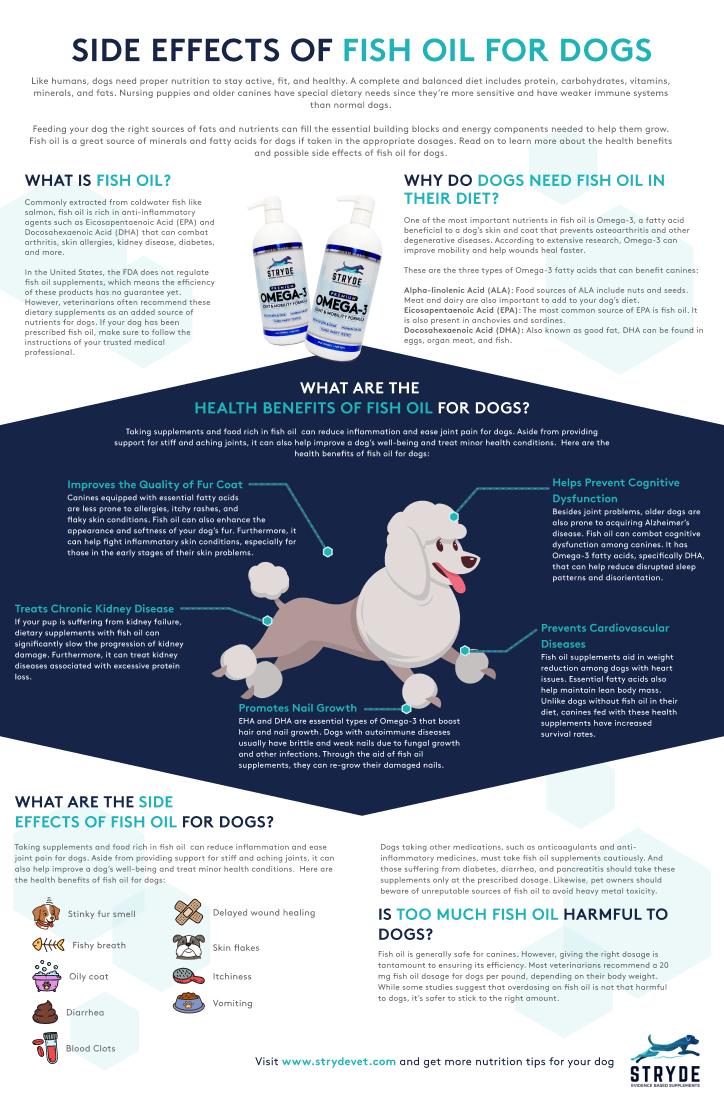Arthritis in dogs is a common and often painful condition that can significantly impact your furry friend’s quality of life. As a loving pet owner, finding ways to alleviate their discomfort and enhance their well-being becomes a top priority. One effective approach to managing arthritis in dogs is through their diet. The right nutritional choices can play a crucial role in reducing inflammation, supporting joint health, and improving mobility. In this article, we will explore the best diets for dogs with arthritis, providing you with valuable insights and practical tips to ensure your beloved companion enjoys a more comfortable and active life. Whether you’re considering a commercial dog food formulated for joint health or exploring homemade meal options, we’ve got you covered with expert advice and heartwarming guidance.
Understanding Canine Arthritis and Its Dietary Needs
When addressing the dietary needs of dogs suffering from arthritis, it’s crucial to focus on foods that can help alleviate inflammation and support joint health. Omega-3 fatty acids are a cornerstone in this nutritional strategy. Found abundantly in fish oils, these fatty acids can help reduce joint inflammation and improve mobility. Incorporating fish like salmon or supplements into your dog’s diet can make a noticeable difference.
In addition to Omega-3s, antioxidant-rich foods play a vital role in managing arthritis. These foods help combat oxidative stress and protect joint tissues. Consider adding blueberries, spinach, and sweet potatoes to your dog’s meals. Another key component is glucosamine and chondroitin, often found in joint supplements or naturally in bone broth, which aid in maintaining cartilage health. Here are some dietary elements to consider:
- Lean proteins like chicken or turkey to maintain muscle mass without adding excess weight.
- Whole grains such as brown rice or quinoa for energy and fiber.
- Green-lipped mussels as a natural source of anti-inflammatory nutrients.
Creating a balanced diet tailored to your dog’s specific needs can significantly enhance their quality of life, providing them with the comfort and mobility they deserve.

Key Nutrients to Alleviate Joint Pain in Dogs
- Omega-3 Fatty Acids: These are crucial for reducing inflammation and promoting joint health. Found in fish oil and flaxseed, omega-3s can help soothe achy joints and improve mobility. Consider incorporating supplements or dog foods rich in these essential fats to enhance your furry friend’s comfort.
- Glucosamine and Chondroitin: Known for their role in maintaining cartilage health, these compounds can slow the progression of arthritis. They work synergistically to rebuild cartilage and improve joint function, making them a popular choice in many joint support supplements for dogs.
- Antioxidants: Vitamins C and E, along with other antioxidants, help neutralize harmful free radicals that can exacerbate inflammation and joint pain. Including antioxidant-rich foods like blueberries and spinach in your dog’s diet can support overall health and joint function.
- Vitamin D: Essential for bone health, vitamin D aids in calcium absorption, which is vital for maintaining strong bones and joints. Ensuring your dog receives adequate sunlight or dietary sources of vitamin D can support their skeletal health.
- Turmeric: This golden spice contains curcumin, a powerful anti-inflammatory compound. Adding a small amount of turmeric to your dog’s meals can provide natural pain relief and enhance their quality of life.
Incorporating Anti-Inflammatory Foods into Your Dogs Diet
Enhancing your furry friend’s meals with anti-inflammatory foods can be a game-changer for managing arthritis. These foods help reduce inflammation and support joint health, providing your dog with much-needed relief. Begin by incorporating foods rich in omega-3 fatty acids, like salmon or sardines, which are known for their anti-inflammatory properties. Adding a splash of flaxseed oil or fish oil to your dog’s meal can also work wonders. Don’t forget about turmeric; this golden spice contains curcumin, a natural anti-inflammatory compound, and can be sprinkled over your dog’s food in small amounts.
- Blueberries: These tiny fruits are packed with antioxidants that help fight inflammation.
- Sweet Potatoes: A great source of dietary fiber and beta-carotene, which supports joint health.
- Pumpkin: Rich in vitamins and minerals, it aids digestion and provides anti-inflammatory benefits.
When introducing new foods, remember to do so gradually to monitor your dog’s reaction and consult your veterinarian to ensure these additions complement their overall diet plan. With these small changes, you can significantly enhance your dog’s quality of life, allowing them to move with greater ease and comfort.
Recommended Commercial Diets and Homemade Recipes for Arthritic Dogs
When it comes to managing arthritis in dogs through diet, both commercial diets and homemade recipes can play a pivotal role in improving your furry friend’s quality of life. Commercial diets specifically designed for arthritic dogs often include ingredients that help reduce inflammation and support joint health. Look for options that contain high levels of omega-3 fatty acids, glucosamine, and chondroitin. Brands like Hill’s Prescription Diet j/d or Royal Canin Mobility Support are popular choices among veterinarians for their scientifically backed formulations that aim to ease joint discomfort and improve mobility.
For those who prefer to prepare meals at home, homemade recipes offer a customizable approach to meet your dog’s specific needs. Focus on ingredients known for their anti-inflammatory properties and joint support, such as lean proteins like chicken or turkey, sweet potatoes, and fish oil. Here’s a simple recipe to get you started:
- 2 cups of cooked lean chicken
- 1 cup of cooked sweet potatoes
- 1 tablespoon of fish oil
- 1/2 cup of cooked carrots
- Optional: a pinch of turmeric for added anti-inflammatory benefits
Mix these ingredients thoroughly and serve in portions appropriate for your dog’s size and activity level. Always consult with your veterinarian before making significant changes to your dog’s diet to ensure that all nutritional needs are being met.

